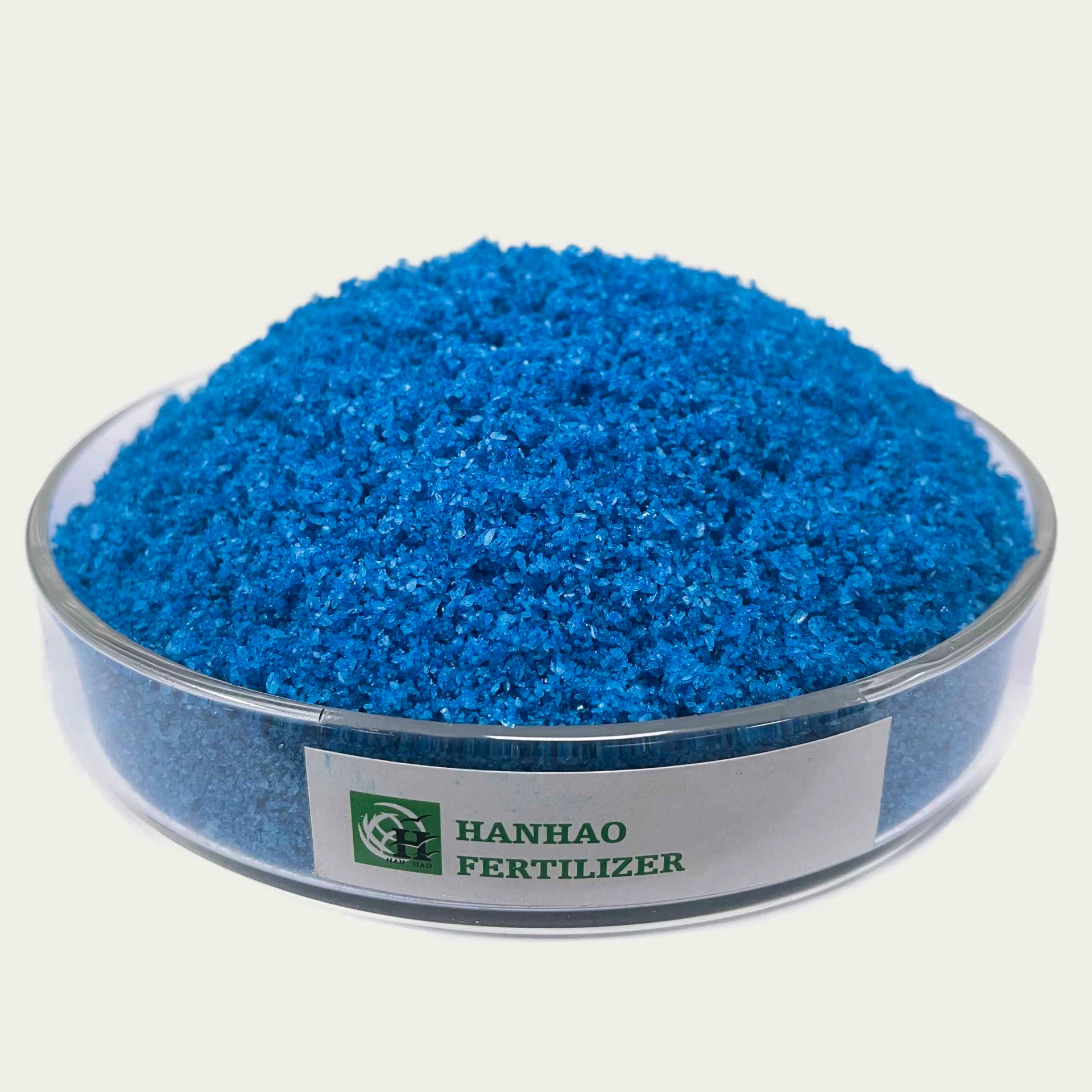
Dec . 13, 2024 02:48 Back to list
How to Create Your Own Homemade Nitrogen Fertilizer for Healthy Plant Growth
Homemade Nitrogen Fertilizers A Sustainable Solution for Your Garden
As urban gardening and sustainable agriculture gain popularity, more gardeners are seeking ways to enhance soil fertility naturally. Nitrogen is a crucial nutrient for plant growth, and homemade nitrogen fertilizers offer a sustainable alternative to synthetic options. Understanding how to create and use these fertilizers can significantly improve your garden’s health and productivity.
The Importance of Nitrogen
Nitrogen is an essential macronutrient that plays a vital role in plant growth. It is a key component of chlorophyll, the compound that plants use to convert sunlight into energy. Additionally, nitrogen is crucial for the synthesis of amino acids, the building blocks of proteins, and promotes vigorous leafy growth. A nitrogen deficiency can lead to stunted growth, yellowing leaves, and poor crop yields.
Homemade Nitrogen Fertilizers
There are several effective homemade nitrogen fertilizers that you can easily prepare using common household items or kitchen scraps. Here are some popular methods
1. Composting
One of the most effective ways to create nitrogen-rich fertilizer is through composting. By using kitchen scraps like vegetable peels, coffee grounds, and eggshells, you can create a nutrient-rich compost pile. Ensure a good balance of green materials (high in nitrogen) like grass clippings and brown materials (high in carbon) like dry leaves. As the pile breaks down, it will produce a rich compost that provides a slow-release form of nitrogen to your garden.
2. Manure Tea
Animal manures, particularly from herbivores like cows, horses, and chickens, are excellent sources of nitrogen. To create manure tea, fill a bucket with fresh or well-aged manure and add water. Let it steep for a few days, stirring occasionally. Afterward, strain the mixture and use the liquid as a fertilizer. This nutrient-rich tea can be diluted with water and applied directly to the soil or as a foliar spray.
3. Alfalfa Meal
nitrogen fertilizer homemade

Alfalfa is a legume that naturally fixes nitrogen in the soil. You can purchase alfalfa meal at garden centers, or you can grow your own. To use alfalfa as a nitrogen fertilizer, sprinkle the meal around the base of your plants or mix it into the soil. Alfalfa not only provides nitrogen but also stimulates biological activity in the soil, enhancing overall soil health.
4. Coffee Grounds
Used coffee grounds are a fantastic resource for gardeners. Not only do they improve soil structure, but they also add a small amount of nitrogen. Simply collect your used coffee grounds and sprinkle them around your plants or mix them into the compost pile. However, remember to use them in moderation, as they can make the soil too acidic if over-applied.
5. Green Manures and Cover Crops
Planting cover crops like clover, vetch, or rye can significantly enhance soil nitrogen levels. These plants grow quickly and improve soil structure. When they mature, you can mow them down and incorporate them into the soil, where they decompose and release nitrogen. This method not only adds nutrients but also protects the soil from erosion.
Application Tips
When using homemade nitrogen fertilizers, it’s essential to apply them correctly for maximum benefits
- Timing Apply nitrogen fertilizers during the growing season when plants need them most. Early spring is typically the best time for application, as it aligns with the onset of active growth. - Amount Over-fertilization can harm plants. Start with small amounts and gradually increase as needed, observing the plants’ responses.
- Integration Mix homemade fertilizers into the soil rather than just applying them to the surface. This ensures that the nutrients are accessible to plant roots and less likely to wash away during rain.
Conclusion
Homemade nitrogen fertilizers not only reduce reliance on synthetic chemicals but also enhance soil health and sustainability. By utilizing kitchen scraps, compost, and plant materials, you can provide essential nutrients to your plants while promoting a healthy ecosystem in your garden. Whether you’re a seasoned gardener or a beginner, these natural solutions can lead to lush, thriving plants and a more sustainable gardening practice. Embrace the power of homemade nitrogen fertilizers and watch your garden flourish!
-
Premium 8 12 16 Fertilizer – High-Efficiency Compound & Granular NPK Supplier
NewsJun.10,2025
-
High Quality Agricultural Grade NPK Fertilizer Manufacturer & Supplier Reliable Factory Price
NewsJun.10,2025
-
Organic Fertilizer for Corn Boost Yield Sustainably
NewsJun.10,2025
-
Organic Fertilizer for New Plants Natural Growth Boost & Eco Nutrients
NewsJun.10,2025
-
Optimized Hydroponic NPK Fertilizer – Fast Growth & Nutrients
NewsJun.09,2025
-
Top-Rated NPK Fertilizer for Fruit Trees - Boost Growth & Yield
NewsJun.09,2025
